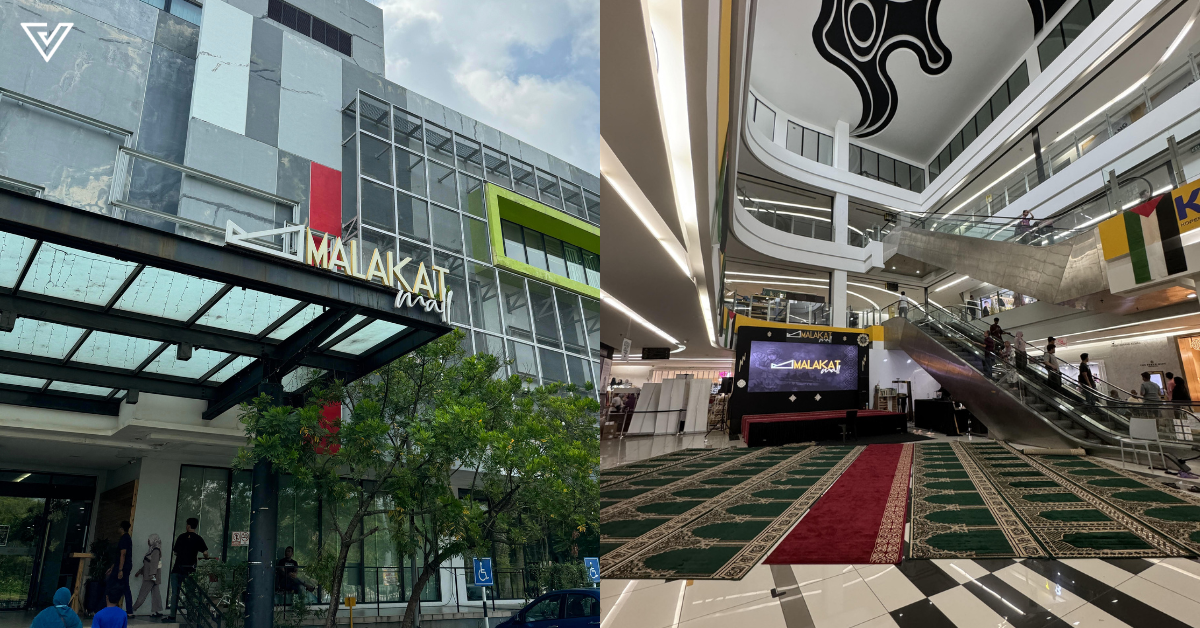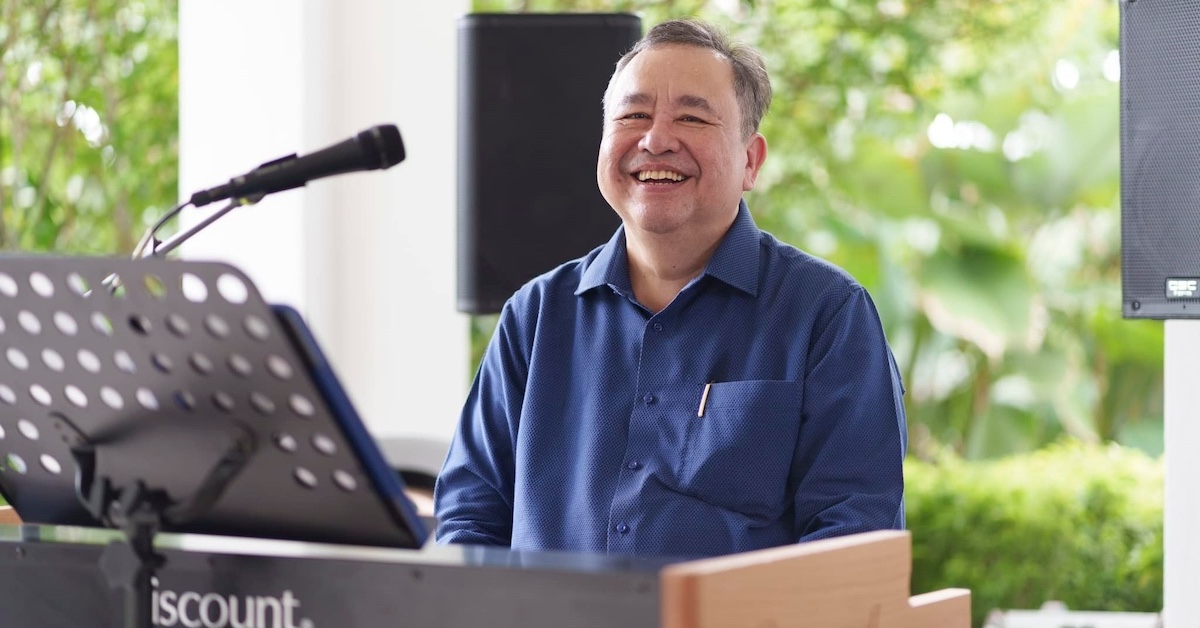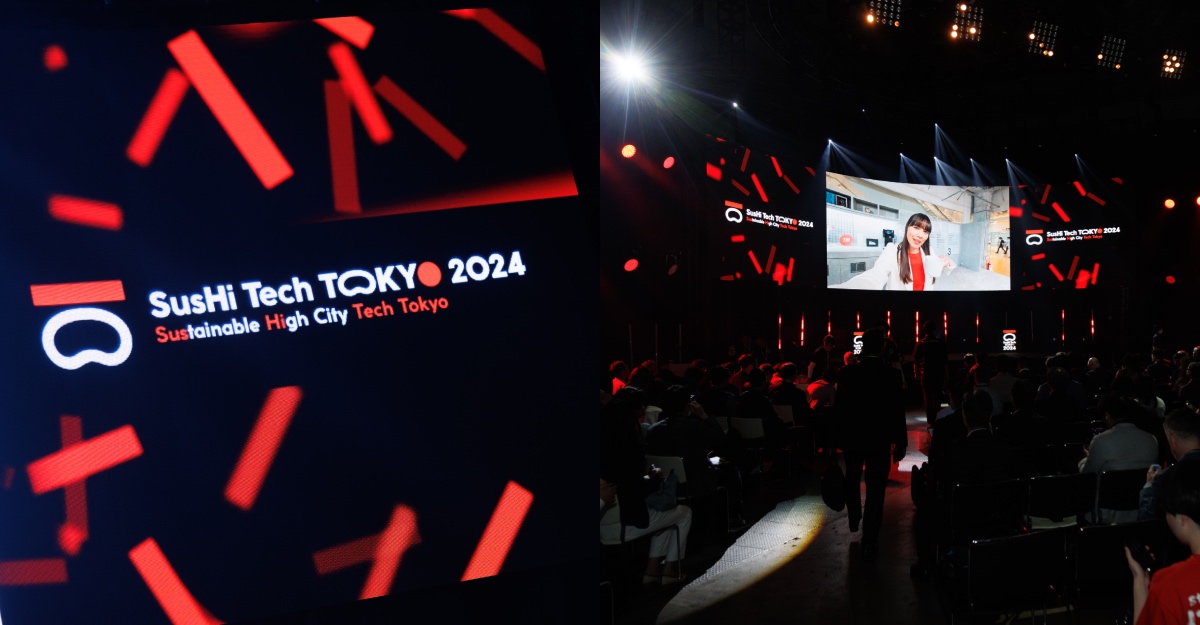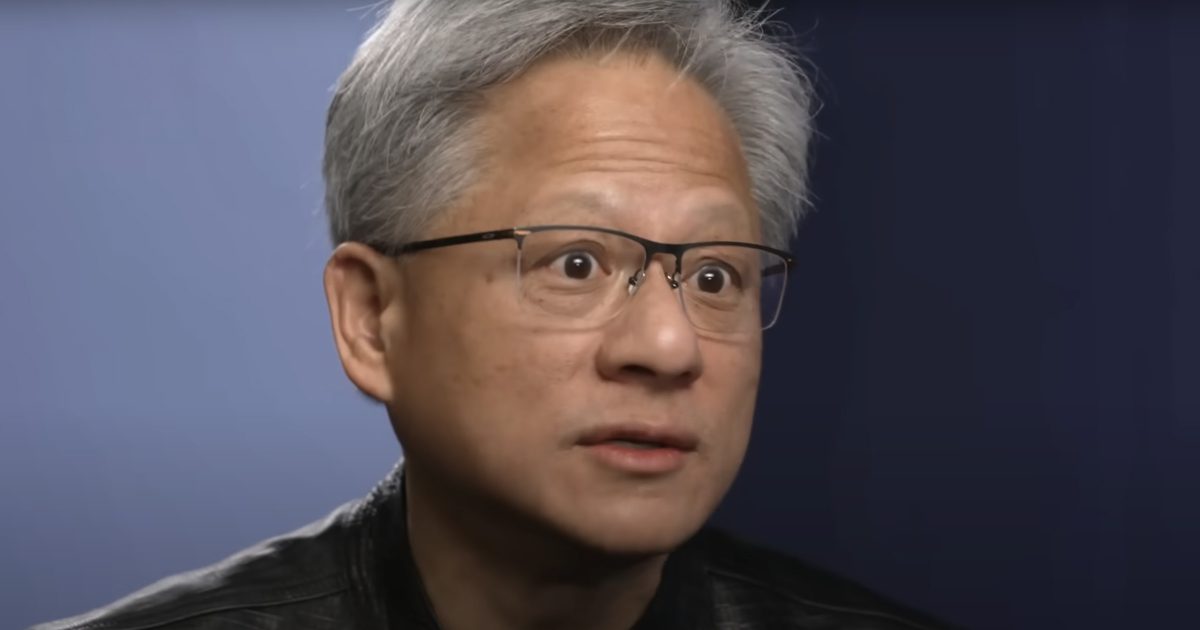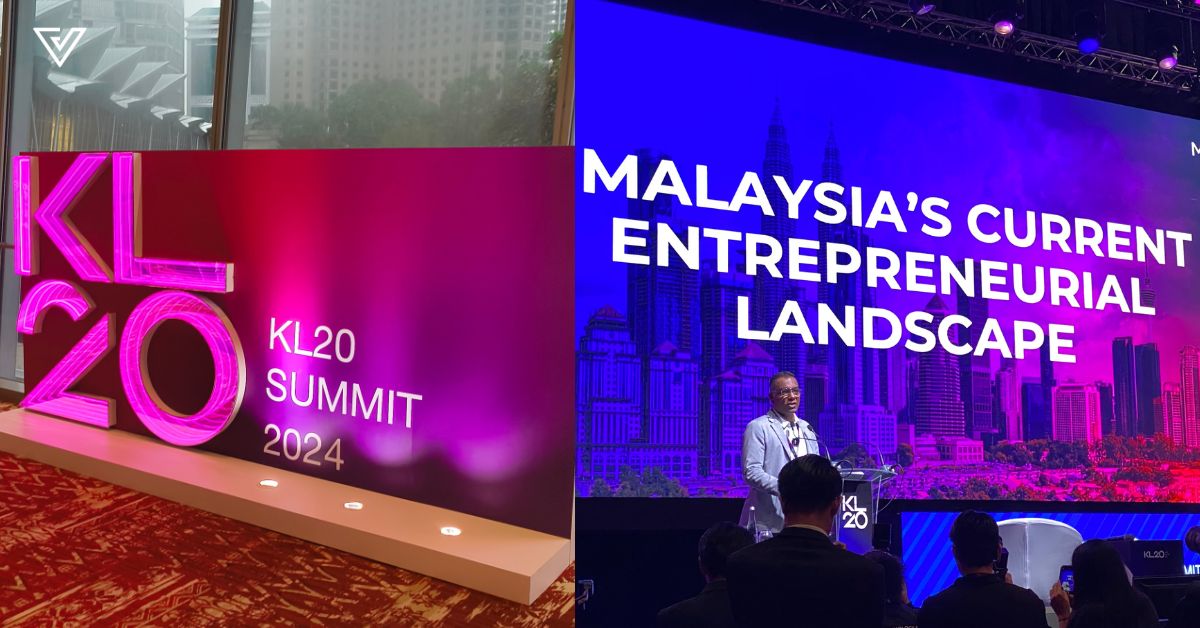As someone who’s been fortunate enough to have a foot in two rather different worlds – the local startup ecosystem and the local music scene – I’ve found some curious similarities.
When I speak to startups in my course of work managing the Microsoft BizSpark programme in Singapore, I often joke that a musician in Singapore is very similar to an entrepreneur in Singapore – the only small difference is that as an entrepreneur, there’s at least a chance for you to make your money back.
1. Singaporeans generally think you’re crazy to do what you do.

Almost every startup founder we speak to talks about the importance of support (financial, mental and otherwise) from a wider social network – whether it be family, friends or the community at large. It’s no secret that Singaporeans usually pick the stability of a day job over the risk of starting their own businesses, and this culture definitely spills over into the music industry as well.
At least doing your own business has recently garnered its fair share of street cred when compared to something as non-pragmatic as writing songs and playing in pubs; the arts here have long played second fiddle to the more “practical” disciplines in academia. So telling people that you’re a startup founder or a musician will invite a whole range of of politely puzzled looks and random questions during Chinese New Year in the vein of What Are You Doing With Your Life How To Pay Bills Like That.
2. The scene is small and everyone knows each other.

Singapore is still ultimately a small place, despite our plans to cram even more people on the island. Therefore, someone you know will most likely have bumped into someone else you want to know at some networking event. In both communities, there are also only a few big players and success stories, which almost everyone else can name and secretly want to become. And sometimes not so secretly.
3. Key misconceptions about how ‘easy’ or ‘hip’ the scene is.
On the surface, the lifestyles of both communities seem quite glamorous. Be your own boss, make a groundbreaking new product, then proceed to roll around in mounds of cash. Fame and fortune can be yours, should you work hard and the stars align.
No one tells you about the countless rejections, the failures, the sacrifices, the people telling you that your ideas suck in your face (and worse still, behind your back). It’s also difficult to not take things personally when it’s, you know, your idea.
4. Government grants a.k.a. Yay, money!

Being young industries still in their infant stage, both communities have plenty of grant schemes and funds targeted to help grow their businesses, but some independent spirits might find the lengthy forms and endless red tape a bit painful.
5. People will pay-to-play.

I recently heard a startup founder say:
“If I can pay someone $20 an hour to code my app, why should I learn to code? My time is worth more than that.”
Whether you want to pick up technical skills by yourself for free, or outsource most of your stuff to other people, you can be sure money helps get things done. Whether this is the “right thing” to do or not, I think, depends very much on whether the startup eventually becomes successful and sustainable. Then again, some serial entrepreneurs might just be looking for a quick exit.
In the case of music, there’s no denying that producing a song is usually the work of a team. Whether you choose to throw enough money at your vanity project for it to create itself, or be involved in all aspects of creating, marketing and selling your music, these are just two different paths to get to where you want to be.
This article is written by Nicholas Tan, and originally appeared on Spiffy.


